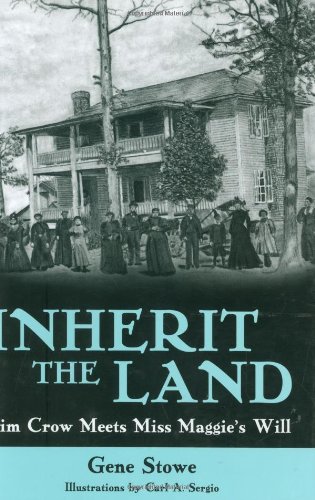

Most ebook files are in PDF format, so you can easily read them using various software such as Foxit Reader or directly on the Google Chrome browser.
Some ebook files are released by publishers in other formats such as .awz, .mobi, .epub, .fb2, etc. You may need to install specific software to read these formats on mobile/PC, such as Calibre.
Please read the tutorial at this link. https://ebooknice.com/page/post?id=faq
We offer FREE conversion to the popular formats you request; however, this may take some time. Therefore, right after payment, please email us, and we will try to provide the service as quickly as possible.
For some exceptional file formats or broken links (if any), please refrain from opening any disputes. Instead, email us first, and we will try to assist within a maximum of 6 hours.
EbookNice Team

Status:
Available0.0
0 reviewsMaggie Ross, whose sister Sallie died in 1909, was the richest woman in Union County, North Carolina. Upon Maggie’s death in 1920, her will bequeathed her estate to Bob Ross—a black man who had grown up in the sisters’ household—and his daughter Mittie Bell Houston. Mittie had also grown up with the well-to-do white women, who had shown their affection for her by building a house for her and her husband. This house, along with eight hundred acres, hundreds of dollars in cash, and two of the white family’s three gold watches went to Bob Ross and Houston. As soon as the contents of the will became known, more than one hundred of Maggie Ross’s scandalized cousins sued to break the will, claiming that its bequest to black people proved that Maggie Ross was mentally incompetent.
Revealing the details of this case and of the lives of the people involved in it, Gene Stowe presents a story that sheds light on and complicates our understanding of the Jim Crow South. Stowe’s account of this famous court battle shows how specific individuals, both white and black, labored against the status quo of white superiority and ultimately won. An evocative portrait of an entire generation’s sins, Inherit the Land hints at the possibility for color-blind justice in small-town North Carolina.